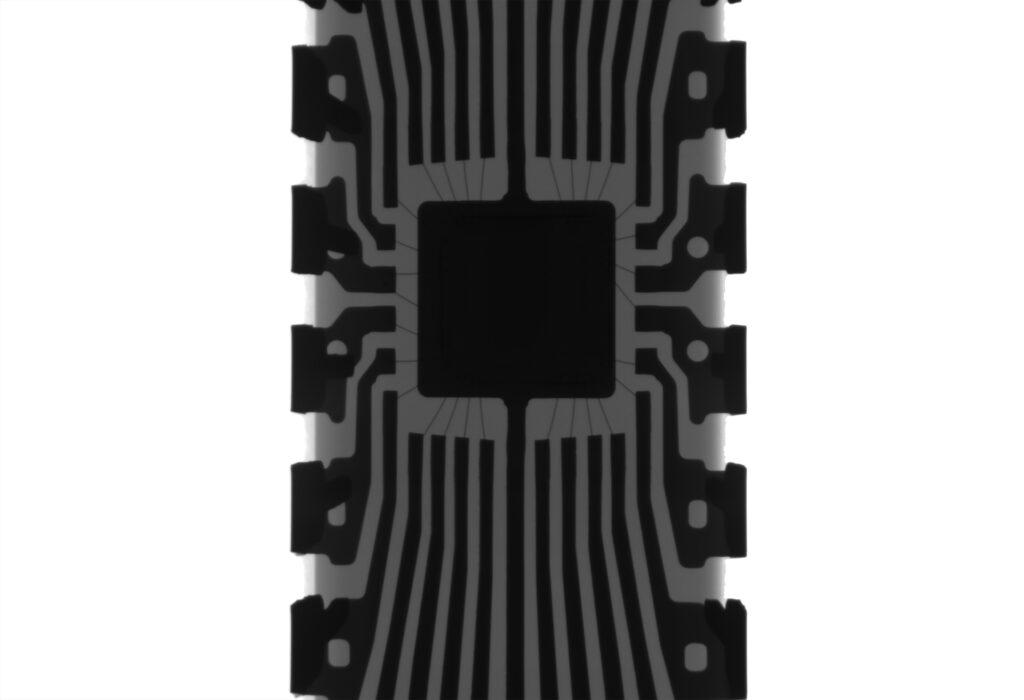Digital product passport and circular economy
 Image credit: Mathew Schwartz on Unsplash
Image credit: Mathew Schwartz on Unsplash
The passport will address issues of recyclability by harnessing the data for public good.
Description
The European Commission plans to introduce a “digital product passport” early next year that would contain information about the composition of goods on the European market to help boost their chances of being reused and recycled. The idea is to identify the most important information about the makeup of each product so that users across the supply chain can reuse it or treat it correctly at waste management facilities.
At the moment, half of total greenhouse gas emissions and over 90% of biodiversity loss and water stress come from resource extraction and processing. Global consumption of materials, like biomass, fossil fuels, metals and minerals is expected to double over the next four decades, with annual waste generation projected to increase 70% by 2050. To counter this, Europe must switch to sustainable, long-lasting products and slow down the use of resources as they flow through the economy. The digital product passport will be a push towards this.
Relevance
By mid-century, Europe aims to reach net zero emissions and zero pollution, but it needs to tackle overconsumption and waste in order to reach those goals. Creating the passport will need the whole supply chain to sit down and discuss the crucial information that could prevent a product from going to waste.
Learn more
Vision
EIT Manufacturing vision for the future of Manufacturing in Europe in 2030, called ‘Fixing Our Future
Enablers
Enablers for future change and actions to make the vision, as described in Fixing Our Future, a reali
Signals
A knowledge library of over 100 signals of change, as examples of emerging manifestations towards the
About the project
Learn more about the background, the process and the people and the contributors behind this project.

